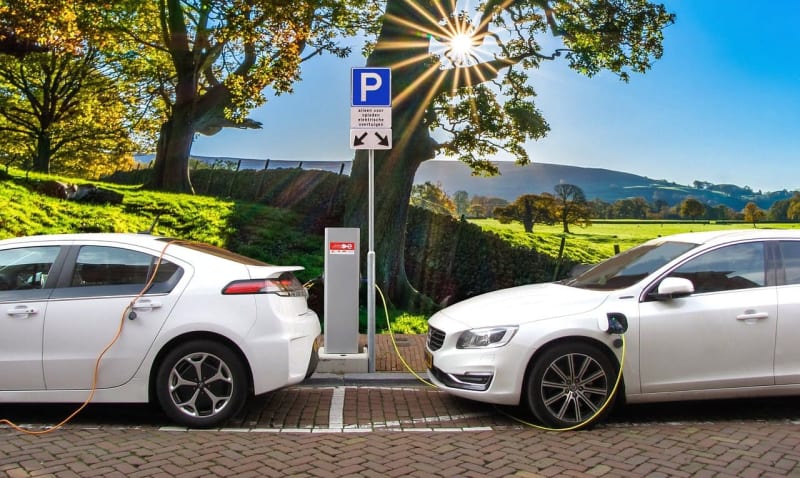
The world is experiencing an e-mobility revolution, with electric vehicles (EVs) emerging as the future of transportation. As we transition from traditional internal combustion engine vehicles to electric alternatives, the role of vehicle scrapping becomes paramount. Scrapping traditional vehicles paves the way for electric success, enabling us to embrace sustainable mobility and create a cleaner, greener future.
Electric vehicles are revolutionizing the automotive industry, offering a cleaner and more sustainable mode of transportation. EVs produce zero tailpipe emissions, reducing air pollution and greenhouse gas emissions. This shift away from fossil fuel dependence is crucial in combating climate change and improving urban air quality. Scrapping traditional vehicles is a necessary step in the adoption of electric mobility. By retiring old internal combustion engine vehicles and replacing them with EVs, we can significantly reduce emissions and enhance environmental sustainability. Scrapping programs incentivize the transition by offering benefits and financial incentives to individuals who scrap their old vehicles and purchase electric alternatives.
The scrapping of traditional vehicles for electric success brings numerous environmental benefits. Electric vehicles produce lower or zero emissions, helping to mitigate climate change and air pollution. By scrapping older, less fuel-efficient vehicles and introducing electric alternatives, we can significantly reduce carbon dioxide and greenhouse gas emissions. Additionally, scrapping traditional vehicles contributes to resource conservation. EVs are built with advanced technologies and materials that can be recycled and repurposed. Scrapping centers ensure the proper recycling and disposal of retired vehicles, extracting valuable materials for reuse, reducing the need for raw material extraction, and minimizing the associated environmental impact.
Scrapping traditional vehicles accelerates the transition to e-mobility. It allows for the phased removal of polluting vehicles from our roads, replacing them with cleaner, more efficient electric alternatives. Scrapping programs, coupled with incentives and subsidies, incentivize individuals to make the switch, contributing to the rapid growth of the electric vehicle market. Moreover, scrapping traditional vehicles plays a crucial role in expanding charging infrastructure. As the number of EVs on the road increases, the demand for charging stations grows. Scrapping initiatives can redirect funds from scrappage programs to invest in the development of charging infrastructure, facilitating convenient and widespread access to charging stations.
The e-mobility revolution necessitates scrapping traditional vehicles to pave the way for electric success. By retiring old, polluting vehicles and promoting the adoption of electric alternatives, we embrace sustainable mobility, reduce emissions, and work towards a cleaner, greener future. Scrapping programs and supportive policies play a vital role in accelerating the transition to e-mobility, ushering in a new era of sustainable transportation.